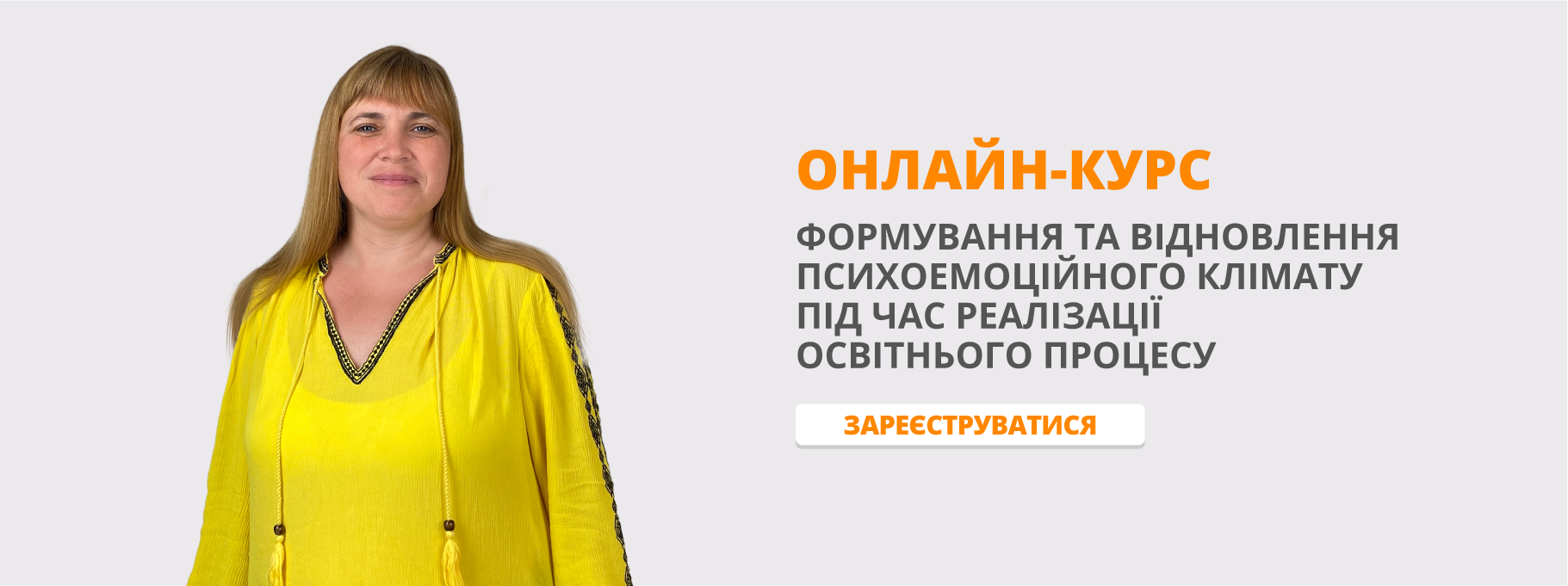Урок "Кліматичні катастрофи"
Урок з теми "Кліматичні катастрофи" є одним з уроків до циклу " Клімат. Людина та наслідки її діяльності. Екологічні наслідки та проблеми" буде корисним для старшокласників,учнів 9 х а також 19-11 класів. Бажаю успіхів!
Тема
Кліматичні катастрофи
Climate disaster and it’s total understanding
Aim
what to do and what could be done /could have been done in order to prevent environmental disasters
1 Take back students stories to check it up.
2 You will need copies of the KWL charts (KWL is the abbreviation for Know/Want to know/Learned) for this activity like this one on the ReadWriteThink website: http://www.readwritethink.org/classroomresources/printouts/chart-a-30226.html.
Hand out the KWL charts. Ask students to fill the table (columns 1,2 – what they know, what they want to know) and to write down one or two statements that represent what they already know about global warming.
3 Show them the before-and-after pictures. Every time they see a picture, ask them to write down one word which describes how they feel about it.
• Then write in the middle of your board in a cloudshaped speech bubble the expression ‘What if ...?’.
• Ask your students to share the words they wrote down during the picture task. Write these on the board.
4 Remind your students of any differences in meaning when the modal perfect form is used. For example, ‘must + present infinitive’ often expresses obligation or duty, e.g. ‘You must eat your yoghurt’, but we use ‘must + perfect infinitive’ to express certainty or make a logical assumption about a past action, e.g. ‘He must have come while we were out’. Similarly, ‘should + present infinitive’ is used for recommendation or advice, e.g. ‘You should be more careful’, whereas ‘should + perfect infinitive’ is often used to express criticism and annoyance, e.g. ‘You should have asked how much it was’.
Then ask students to make “Onion rings” using in the inner ring their own questions about the environmental protection with the modals ‘could’, ‘should’, ‘would’ and ‘must’ along with their modal perfect equivalents ‘could have’, ‘should have’, ‘would have’ and ‘must have’.
5 Let students to continue filling in the table KWL (3rd column) about what they have learned.
Home task
Divide students into groups and ask them to make a poem, using the active vocabulary
Students could create their poems using this site’s poem interactives: http://www.readwritethink.org/ search/?resource_type=16&type=28


про публікацію авторської розробки
Додати розробку
